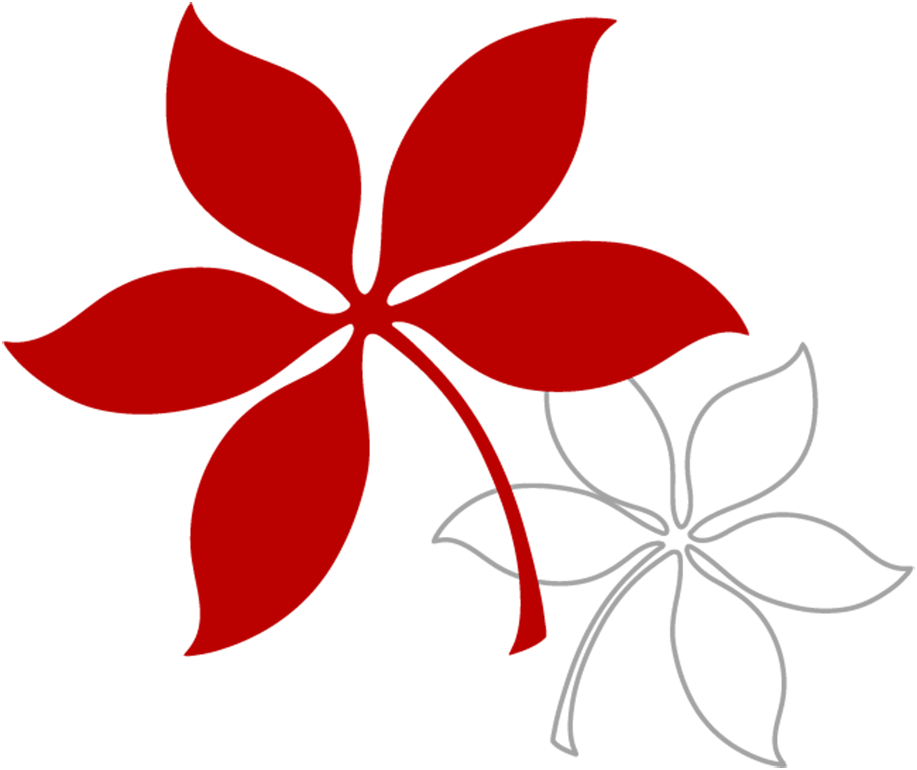Trinity Social Entrepreneurship Guest Speaker
After studying in Dublin for a little over a month now, I have met many great and intelligent business students from around the world. I've also connected with excellent professors who are passionate about advancing Ireland's interests economically and socially. Recently, I attended a business speaker event as a part of my Social Entrepreneurship course. The speaker we had the opportunity to listen to, was Elizabeth Suda. Elizabeth Suda worked for Coach in NYC where she became increasingly interested in sustainable fashion, specifically as it applies to those companies which are making the products we wear daily, and how can we strive to “look good, but also do good.” Suda founded her own venture, Article 22, which is a jewelry company based in Laos where pieces are created out of shrapnel (bomb fragments) by local artisans.

Suda also gave us some background on why she created her business. Citizens in Laos were devastated by the bombs that hit the country from 1964 to 1973. While these bombs killed many when dropped, sadly, these bombs are killing Laotian people even today, as the country is still contaminated with 80 million unexploded bombs. This has had a significant negative effect on Laos’ economic progress. The United States has claimed they are giving aid and reparations to “undo” their wrongdoings and to help clear the unexploded bombs still in the country today. However, Suda mentioned that the US’ spending on bomb clearing support in Laos is abysmal, especially compared to the spending invested in the recently built US Embassy in the capital of Vientiane. While the US, UK, and Norway donate the most to help clear the bombs, at the current rate, it will take over 100 years to clear them, which is simply unacceptable. This lack of urgency, combined with Suda’s knowledge in the fashion industry, and the ancient heritage Laotian people possess of craft, natural dyeing, inspired her to start Article 22 jewelry. This mission-driven company would turn a negative into a positive by giving employment to local artisans and using a percentage of revenue to partner with cross-sector organizations and NGOs to help clear undetonated bombs at a faster rate.
As a result of Suda’s online, wholesale, and pop-up events presence, she has been able to bridge the gap between Laos, a relatively poor country with not much access to economic opportunities, and the global market of consumers who want to look and feel good. To give some perspective of the success her company has had, 9-12 Laotian families now earn at least 5x the local minimum wage, earn 7x more than if they would’ve kept producing spoons, and can ultimately earn a few months of income in one day. The company is flexible with its local artisans as Laotian people prioritize their farming and family life, so giving them the freedom to choose their hours is impactful as well. While the company is not recognized worldwide, it is slowly but surely making an impact on Laotian families and increasing their quality of life.

This talk fascinated me, as often in business and in business classes, we only focus on maximizing profit and financial success. Even in my logistics courses where we talk about eliminating waste, we are not looking at it from the perspective of helping the environment but maximizing profit. Suda emphasized that business and social causes can be combined and still be successful. Especially as the world progresses, more and more consumers are looking for products that not only fulfill their needs but also make them feel that they are helping others in the process. Companies that focus on social causes do not always mean they are charities constantly relying on funding and barely staying afloat, but rather they can be a real, successful company. She also stressed the importance of always reflecting on your mission and values, as you cannot simply “greenwash” your company by slapping “green,” “organic,” or “sustainable” on everything without having the proof of these efforts. This passion for the mission is ingrained in everything she does. Even the company’s name, Article 22, is named after the Declaration of Human Rights passed by the UN, with Article 22 pertaining to sustainability. Finally, I learned that the concept of a circular (virtuous) economy should be considered by all companies nowadays. Suda created a business where the more jewelry they can sell, the more they are able to donate to help clear bombs, which then creates more metal for artisans to create the products, and repeat, creating a win-win situation for all parties. It's essential to understand that companies - especially giants such as Amazon, Facebook, or Nike - have a great influence on society and that if they focus their power for good, the world will become a much better place for all.





